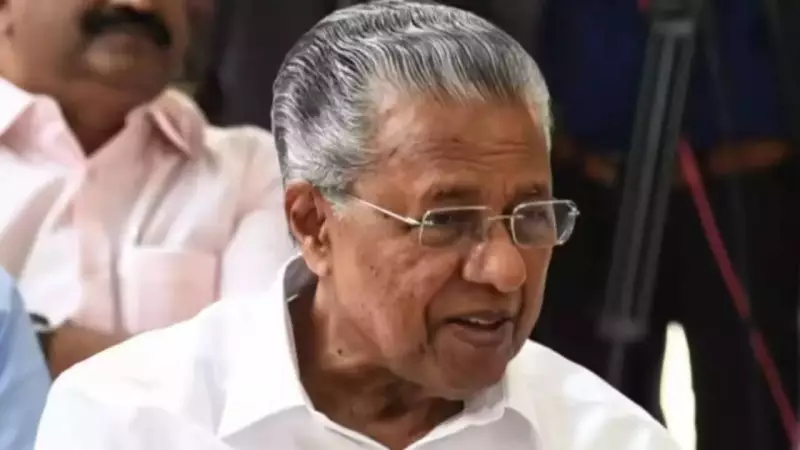
In a significant political development, Kerala Chief Minister Pinarayi Vijayan has declared that his government will pursue legal action against the proposed delimitation exercise, joining forces with neighboring Tamil Nadu in what appears to be a growing southern alliance against the central government's approach.
The Southern Standoff Intensifies
The controversy centers around the upcoming delimitation process - the redrawing of parliamentary constituency boundaries - which southern states fear will penalize them for their successful population control measures. Kerala, along with other southern states, argues that using outdated population data from the 1971 census unfairly reduces their political representation in Parliament.
Legal Battle Lines Drawn
"We will take the legal route to protect Kerala's interests," declared CM Vijayan during a press conference. "The proposed delimitation methodology essentially punishes states that have effectively implemented family planning and achieved better socio-economic indicators."
The Kerala government's decision comes hot on the heels of Tamil Nadu's similar announcement, suggesting a coordinated strategy among southern states who stand to lose significant parliamentary representation if the current delimitation formula is applied.
The Representation Conundrum
At the heart of the dispute lies a fundamental question: should states be rewarded or penalized for population control success? Southern states like Kerala and Tamil Nadu have:
- Achieved population stabilization decades ahead of northern states
- Invested heavily in education and healthcare
- Maintained lower fertility rates through voluntary family planning
- Contributed disproportionately to national GDP and tax revenues
Yet, under the current delimitation proposal, they face losing up to 19 parliamentary seats collectively while northern states would gain representation.
Constitutional Questions Raised
Legal experts suggest the challenge will likely focus on several constitutional aspects:
- The validity of using 1971 census data for delimitation
- Whether population should be the sole criterion for representation
- The principle of federal balance and state rights
- Potential violation of fundamental rights of citizens in better-performing states
The timing is crucial - with delimitation scheduled after 2026, the legal battles beginning now could shape India's political landscape for decades to come.
A Growing Regional Alliance
Kerala's decision to join Tamil Nadu in legal action signals the emergence of a southern political front on this issue. Both states have historically competed but are now finding common cause in protecting their regional interests against what they perceive as demographic disadvantage.
Political analysts suggest this alliance could expand to include other southern states facing similar representation challenges, potentially creating one of the most significant federalism debates in recent Indian history.
The stage is set for a landmark constitutional battle that could redefine political power equations in the world's largest democracy, pitting demographic reality against developmental achievements in a clash that will test India's federal structure.






